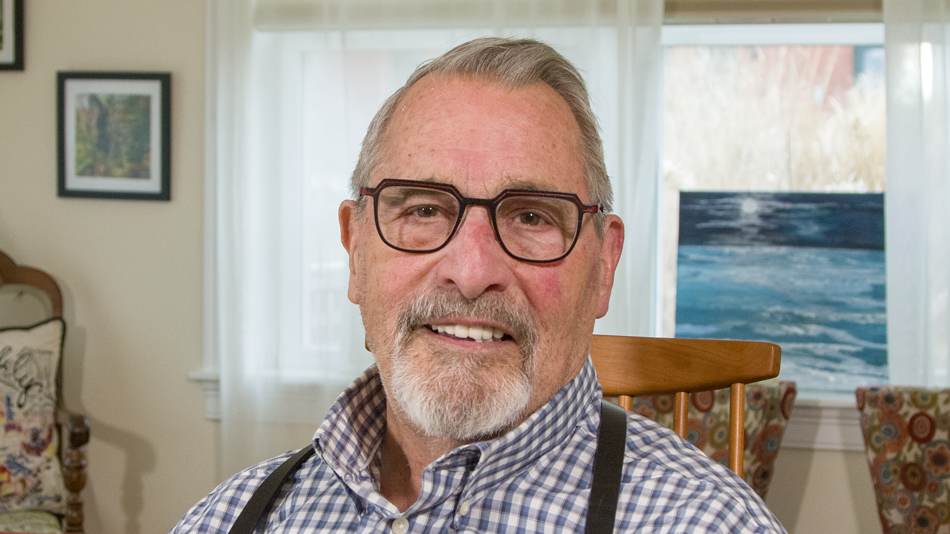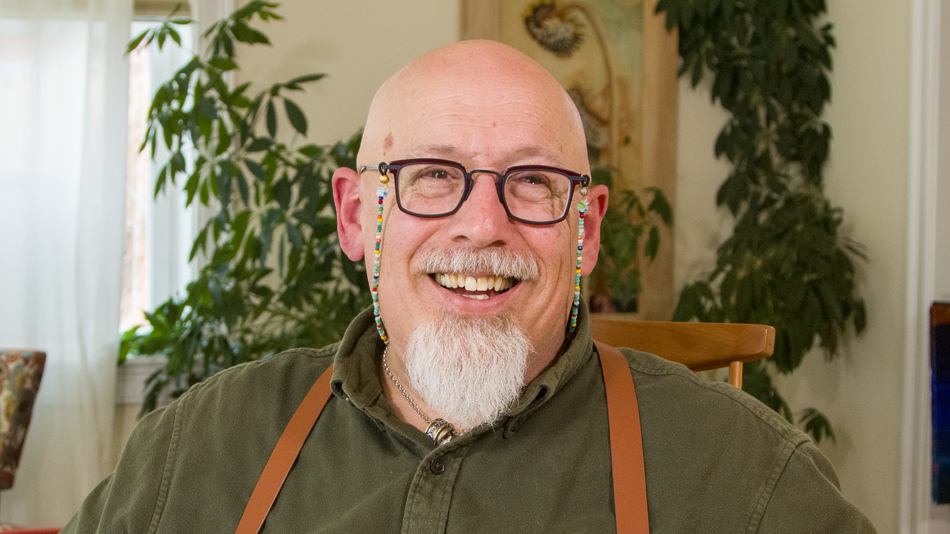
I am, at heart, a storyteller. Nevermind that I’m in law school, or that I’ve never finished a document I’d refer to as a story, but only fits and starts, bits and fragments. I tell stories because if I didn’t, I would cease to be. The funny thing, the thing that no one has ever realized or accused me of, is that I’m always telling my own story. Sure, the characters are different, and don’t reflect all or even any of me (though that latter category numbers but few), but my stories all reflect me in some way, even though I never properly feature. So let me try to tell you a story about myself.
The problem is I don’t know what story to tell.
There’d be no point in telling you about my first kiss, shared with a girl in kindergarten who called me her boyfriend. There’d be nothing to say of my first crush—I didn’t know I had a crush on him at the time and don’t know that he ever knew. There’d be little worth reading of the first time I made out with a boy on the roof of my boarding school’s science wing, skipping chapel and desperate to not get caught. In the end, my early history isn’t relevant enough.
That said, I came out to selected friends toward the end of high school, and didn’t tell one of them I was gay because I was scared that he’d tell everyone—gossip travels even faster in boarding schools than in normal high schools, and is more malicious for everyone’s having to share so little space. The next year I told him and he said he’d had a crush on me for most of the year.
I could tell you of the time I broke up with a boy who’d tried—and failed—to cheat on me. It’s funny in retrospect. I could tell of the guy I dated for a year and a half who broke my heart twice and gave me mono. I won’t, because I don’t want to sound bitter. I could tell of the guy who told me he was intellectually intimidated by me and therefore wasn’t interested. We only saw each other a few times, though, so why bother? I suppose I could talk about falling for various of my really good friends—gay or straight—but none of them were interested, and most were kind enough to say so without being cruel or awkward. I could tell you of my wonderful boyfriend, but he’s largely hypothetical. That precludes romance for a story, then.
That said, I’ve managed to make a couple very good friends as a result of my romantic mishaps. One I had a few dates with, and then moved away to law school not terribly long after things didn’t work out. I wake up some mornings to find he’s IMed me at some absurd hour between night and morning, and then we play text tag for a while. Another I’ve never met—he’s a college kid from a dating site who messaged me out of the blue one night—but we’ve been chatting for half a year now, and have talked a few times on the phone. We know we’ll not meet for at least a while, but we’re pretty good friends despite that.
There’s always my family, and their reactions. My mom, who already kinda knew but didn’t say so until years later (evidently, she decided it was the way I held my pen when talking and not writing with it that gave me away. I fail to see how this follows). Or my dad, who terrified me because I had to tell him over IM and he types in paragraphs, with two fingers (he quoted Sesame Street at me, incidentally). I could complain about one of my sisters, who puts the ‘mental’ in fundamentalist, whom I didn’t tell until six months after the rest of my family knew. She still won’t tell me I’m going to hell, but instead speaks of loving the sinner and hating the sin. I wish she were courageous enough to be honest with her thoughts on me and mine. My younger brother’s response—he was my test case—is still the best: “Don’t worry, Des,” he said. “I’ll still tell jokes about women to you.” Family, though, is too complicated.
That said, I’m always telling my other sister about how things are going—she keeps me sane, and tells me when I’m being stupid. She’s the one I talk to when I don’t know what to do, or quite why something’s bugging me. And she usually tells me afterward how she figured out things weren’t going well. “It’s the fact that you never talked about him,” she said of one guy. “I knew when you stopped mentioning him, without someone asking, that it wasn’t going to last long.”
I suppose I could tell about how I do my part to expose people to gay stories who might not otherwise be exposed to them. I write of a Minnesotan housewife slowing down her mini-van to watch me and my then-boyfriend kiss on our walk back from an anniversary dinner. I tell my friends (law students) the funnier or more tragic goings-on in the gay world. I create gay characters in fictional stories, because the characters wouldn’t feel right having it any other way. I walk down city streets arm in arm with a good friend of mine—she signs her e-mails to me with variations on “your wife for tax purposes”—and we talk about boys just loudly enough that people can hear us as we almost dare them to react. I drag my friends two-stepping in a gay cowboy bar whenever I can—and often they end up liking it.
Ultimately, though, none of these stories seem fitting to tell. Like a photographer, it seems, I’d rather be in control of the story than inside it. Res ipsa loquitur, I guess.








Share